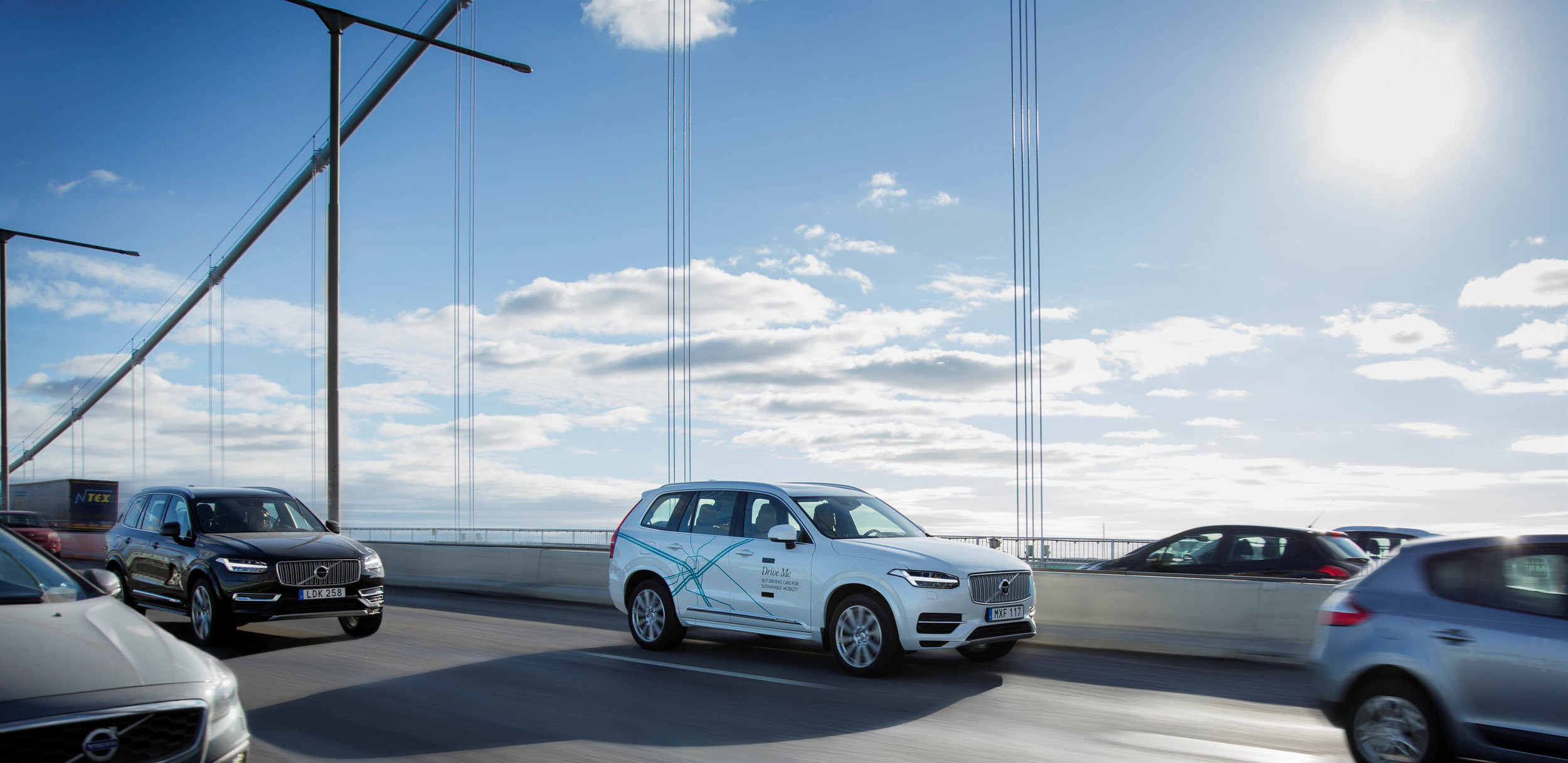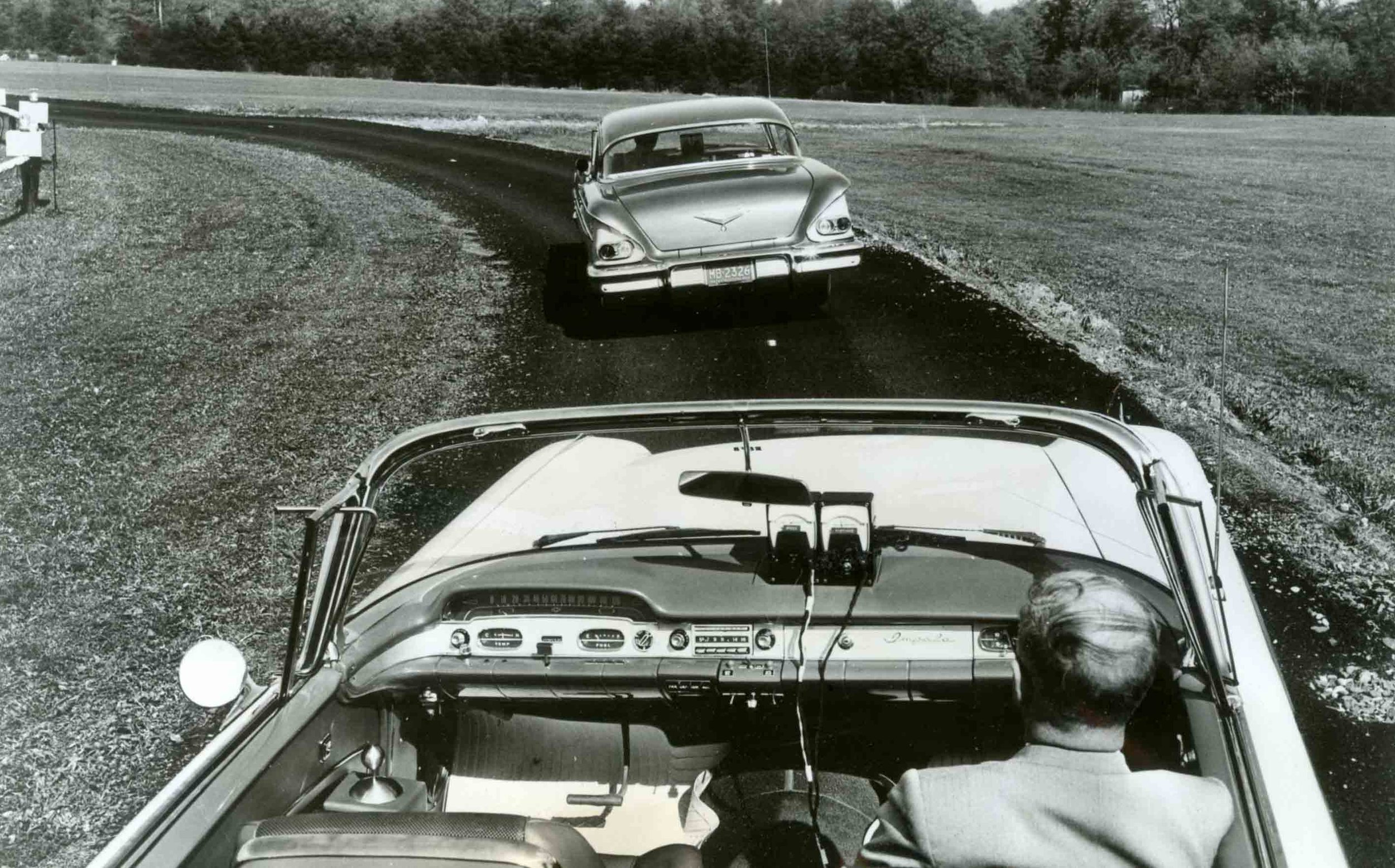You’ve seen the self-driving cars running people over on the internet, and the likes of newspapers being read on main highways thanks to autonomous technology. Now New Zealand will be hopping on the today-of-tomorrow bandwagon with the first demonstration of a self-driving vehicle on Kiwi roads having taken place on November 17.
The joint venture between New Zealand Traffic Institute (Trafinz), Volvo, New Zealand Transport Agency (NZTA), the Ministry of Transport, and car manufacturer Volvo, set a self-driving car loose on Tauranga’s roads where it travelled up to 15km in normal traffic conditions, without needing input from a driver.

According to Volvo Cars NZ General mManager Coby Duggan, the vehicle self-drives using sophisticated technology to navigate the roads, which operates at ‘level 2’ — a global standard that measures the degree of the vehicle’s autonomy.
“Under level 2 or partial automation, the automated system executes accelerating, braking, and steering, however the driver will be required to interact with the vehicle and intervene if necessary as they are ultimately responsible for how the vehicle operates.
“By 2021 we expect Volvos to be at level 4 or high automation, where the system will monitor the driving environment and will maintain control even if the driver does not intervene when advised by the vehicle,” he said.

So forget sending the kids off to school in your soon-to-be self-driving car, as a driver is still needed to periodically confirm an occupant is present — unless you want them to rack up the demerits early.
Henrik Järlebratt, senior product director from Volvo headquarters, broke down the science behind the technology to Trafinz conference attendees, and said that he is pleased to see agencies working together to introduce self-driving vehicles in New Zealand.
“[The] event in Tauranga is important for a number of reasons … beyond showcasing how self-driving works, it demonstrates that there is the necessary level of cooperation among car makers, government agencies, and industry bodies in New Zealand to allow the widespread adoption of innovative new technologies to customers,” he says.

Järlebratt says large-scale autonomous-driving trials are planned for England, China, and Sweden next year.
Let’s just hope that Skynet doesn’t get a wind of what’s happening — some of the drivers on our roads are bad enough as it is without an apocalyptic-driven program taking control of our cars.




